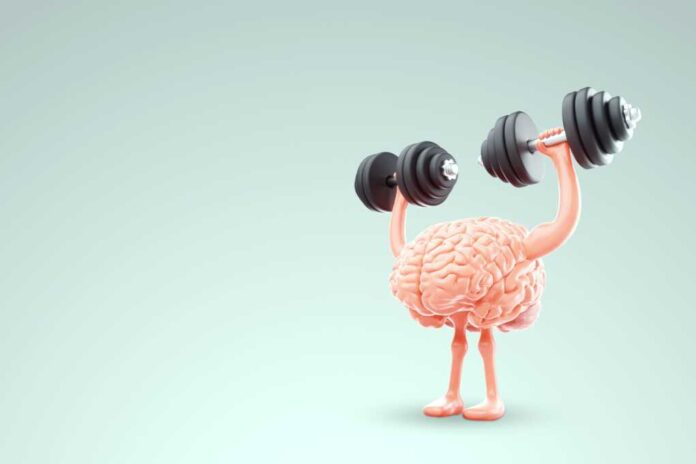
Just 30 minutes of moderate exercise can significantly boost brain function and protect memory, with new research showing benefits appear after even shorter workouts than previously thought.
At a Glance
- Brief exercise sessions under 30 minutes provide substantial cognitive benefits, particularly for executive function and working memory
- Vigorous activities like cycling and high-intensity interval training (HIIT) show the most significant brain benefits
- Physical activity combined with adequate sleep improves cognitive performance the following day
- Even 10-minute workouts can boost brainpower, making exercise accessible for those with busy schedules
- Regular physical activity may help protect against age-related cognitive decline
Short Workouts Deliver Big Brain Benefits
New research published in Communications Psychology challenges conventional wisdom about exercise duration needed for brain health. Scientists found that workouts lasting less than 30 minutes provided the most significant cognitive benefits, especially when testing brain function immediately after exercise. The findings particularly highlight improvements in executive functioning—the mental skills that help with working memory, planning, and multitasking.
The research team, led by Barry Giesbrecht, analyzed thousands of studies spanning from 1995 to 2023, focusing on healthy individuals aged 18-45. Their systematic review revealed that vigorous exercise produced stronger cognitive effects than previously thought. “Our work showed the strongest evidence for a positive effect of single bouts of exercise on cognition and that this evidence was impacted by a variety of factors,” explains Barry Giesbrecht.
Intensity Matters More Than Duration
Contrary to popular belief that moderate exercise provides optimal brain benefits, the research suggests more intense workouts may be more effective. Vigorous activities like cycling and high-intensity interval training (HIIT) demonstrated the strongest positive impact on cognitive function. This finding contradicts the traditional inverted-U relationship between exercise intensity and performance, where moderate activity was thought to produce the greatest benefits.
This is encouraging news for people who struggle to find time for lengthy workout sessions. Even brief, intense physical activity can provide meaningful cognitive benefits, making exercise more accessible for those with busy schedules. Additionally, HIIT workouts have been linked to improved heart health and reduced risk of future health issues, providing multiple health benefits in a time-efficient format.
Exercise and Sleep: A Powerful Combination
Research from University College London reinforces the cognitive benefits of regular exercise. Their study found that 30 minutes of moderate to vigorous physical activity improves cognitive performance the following day, especially when combined with adequate sleep. Results showed a 2-5% increase in memory scores with each 30-minute increase in physical activity, with working memory improvements remaining significant even after accounting for sleep quality.
Conversely, sedentary behavior was linked to decreased working memory scores. The research emphasizes the importance of protecting cognitive function as we age, as even small improvements in daily brain performance can have significant impacts on quality of life, especially for those experiencing mild cognitive decline.
Building Long-Term Brain Health
While the immediate benefits of exercise on brain function are compelling, the cumulative effects of regular physical activity over time may be even more significant. Consistent exercise has been shown to promote neurogenesis—the formation of new neurons in the brain—which contributes to better cognitive function over the long term. This makes exercise a powerful tool for protecting brain health as we age.
Future research will explore combining physical activity with cognitive tasks to potentially enhance these benefits further. For now, the evidence clearly suggests that incorporating even brief, regular exercise into daily routines can provide significant cognitive benefits—protecting memory, enhancing executive function, and supporting overall brain health well into later life.


















